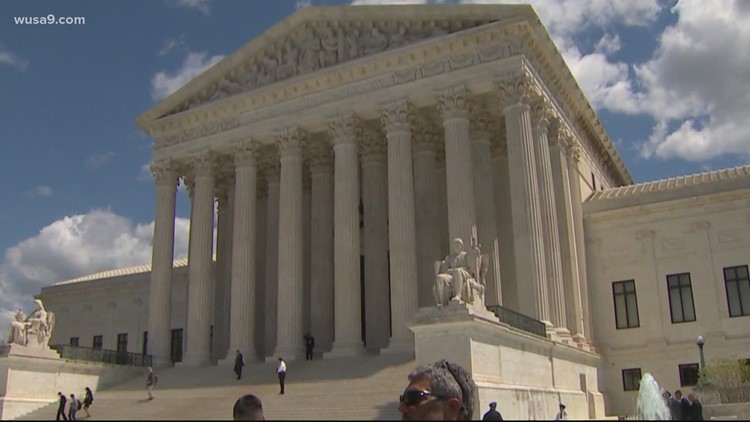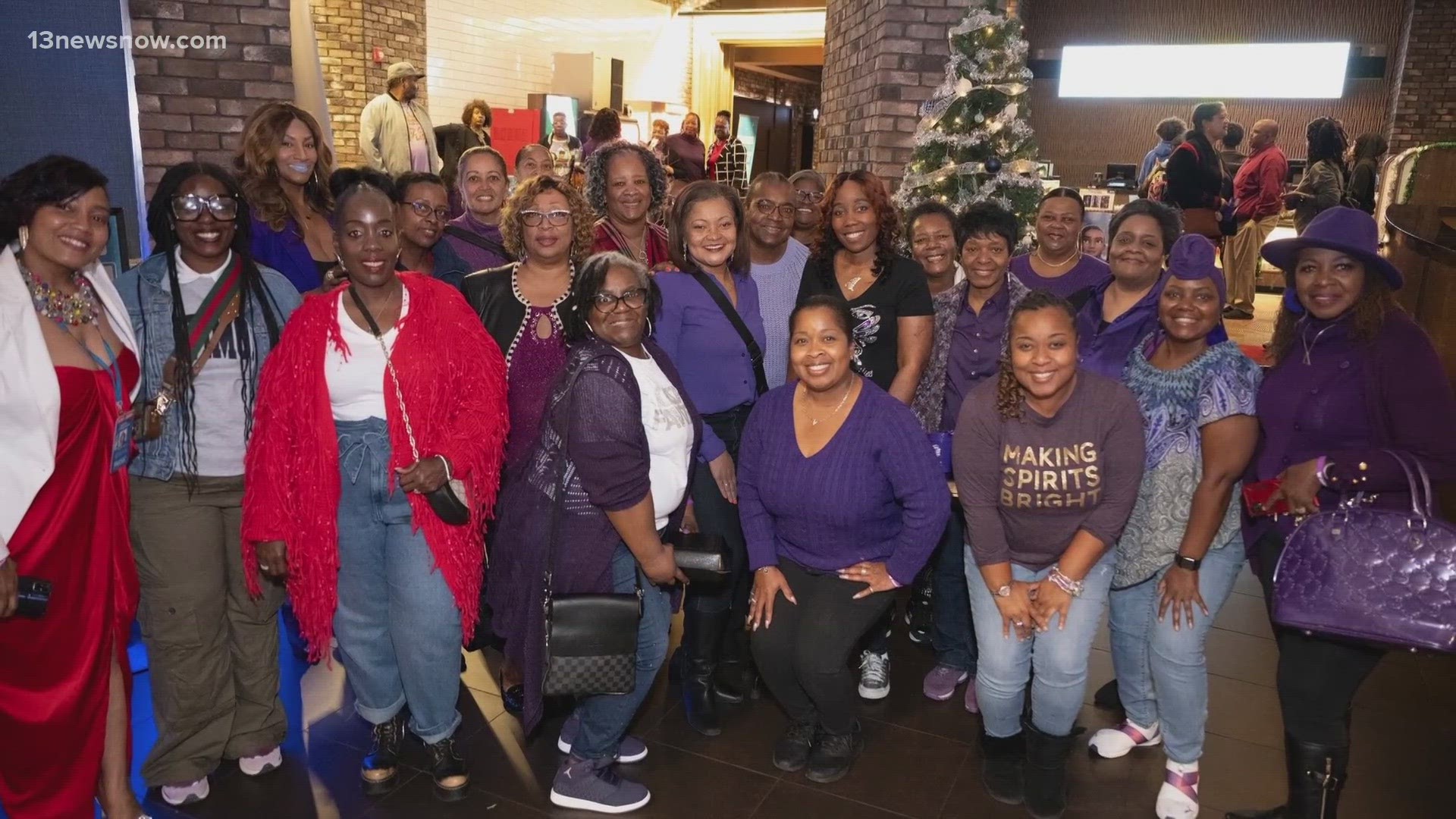TALLAHASSEE, Fla — The state of Florida is urging the U.S. Supreme Court to reject a bid by voting rights advocates to lift a stay on a lower court's ruling that allowed Florida felons to regain the right to vote, regardless of unpaid fines and other financial obligations.
Earlier this month, the Atlanta-based 11th Circuit Court of Appeals agreed to review a ruling in May by a Tallahassee federal district court judge that ordered the state to give hundreds of thousands of felons access to the ballot box under a voter-approved initiative known as Amendment 4.
The appellate court has scheduled a hearing on the matter for Aug. 18, the same day as Florida’s primary. The deadline to register for that election is July 20.
In its written response filed Tuesday, lawyers for Republican Gov. Ron DeSantis, argued that "all Floridians will be irreparably harmed if the district court’s patently erroneous injunction is reinstated, enabling hundreds of thousands of ineligible voters to take part in the upcoming elections, one of which is only a month away.”
The case could have broad implications in a state that is expected to play a pivotal role in the presidential race. An estimated 774,000 disenfranchised felons represents a significant bloc of voters, should they be allowed to cast ballots.
Supreme Court Justice Clarence Thomas, one of the high court's most conservative members, is handling the request.
It was unclear how quickly he will make a decision, but voting rights advocates say there is urgency in the matter because of next week's registration deadline for the August elections.
In 2018, Florida voters overwhelmingly approved Amendment 4, which returned voting rights to most Florida felons who had completed their sentences. But who could vote came under immediate question when DeSantis signed into law last year a Republican-crafted bill that stipulated that, in addition to time served, all legal financial obligations such as unpaid fines and restitution would also have to be settled before a felon can be eligible to vote.
Voter rights advocates immediately sued the governor and the state.
In his ruling in May, District Court Judge Robert Hinkle said Florida lawmakers had devised a “pay-to-vote system,” and he ordered the state to allow many Florida felons to vote — regardless of any outstanding legal debts.
Hinkle’s ruling said state elections officials couldn't possibly review the hundreds of thousands of voter registration applications that could arrive ahead of the state’s August primary and the November presidential vote. During earlier court proceedings, he called it an “administrative nightmare.”
DeSantis appealed Hinkle’s ruling, and the 11th U.S. Circuit Court of Appeals in its entirety agreed to hear the governor’s appeal and to stay the lower court ruling.
Amendment 4 permanently bars convicted murderers and rapists from voting, regardless of financial debts.



